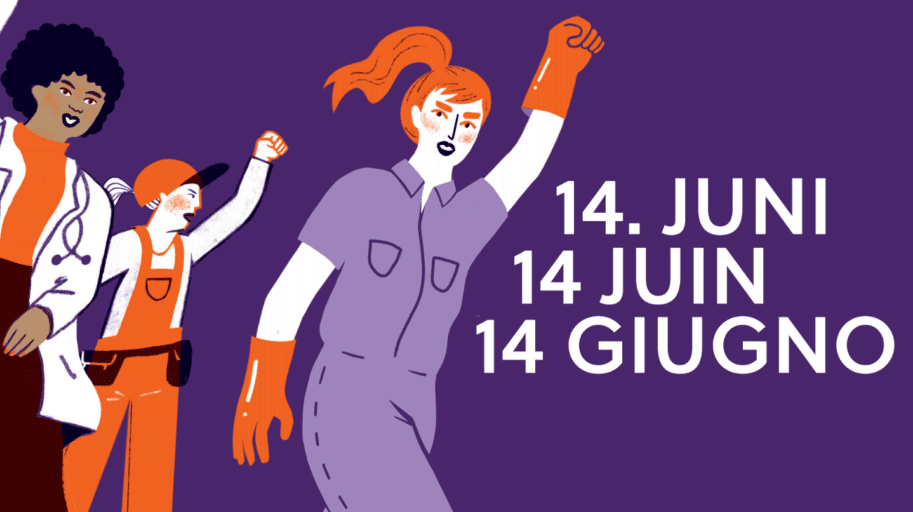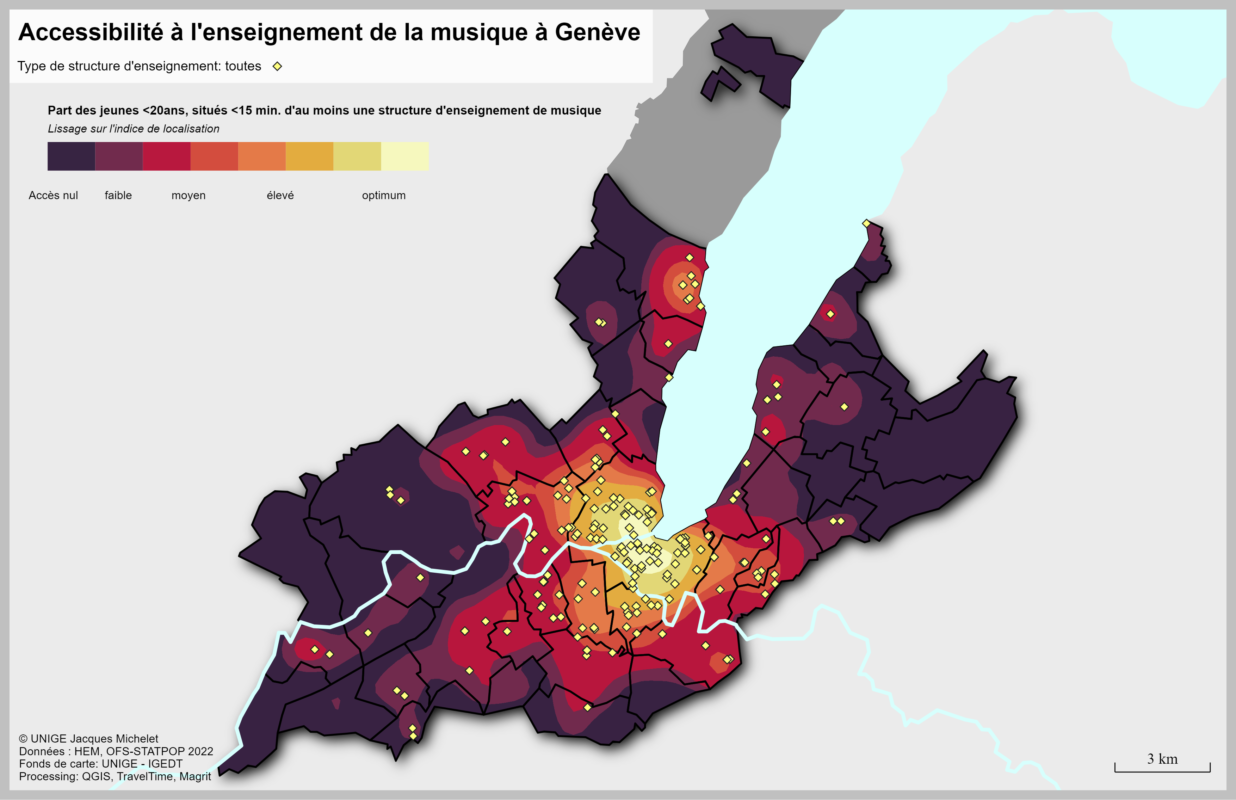Feminist strike on June 14, 2023
"Women's rights are always in danger. Be on the alert, attentive, combative; don't let go of a gesture, a word, a situation that threatens your dignity. Yours and all women's." (Gisèle Halimi, lawyer and author)
 Being a woman musician in the highly competitive world of the arts is doubly difficult compared to being a man.
Being a woman musician in the highly competitive world of the arts is doubly difficult compared to being a man.
Scrutinized, judged
Firstly, a woman will be constantly scrutinized and judged. Having been a victim of harassment, I have thus "experienced", to my great dismay, the harmful games and abuses of power that men try to keep over women at all costs, to make it clear that they can never become their equals. This is all the more striking when you're an intermittent female musician, where the vulnerability of the job is present and the employer has the power to choose, reject, favor or harm a career. The artist is constantly scrutinized for the length of her skirt, the color of her shoes, the height of her heels and her pretty face (too much or too little make-up, the volume of her hair...), and often finds herself confronted, without being able to denounce them, with other, much more unpleasant sexist remarks and gestures that create a harmful climate. Thus, refusing advances or denouncing an abuse of power is still dangerous for one's future career, even five years after #MeToo.
When you're a victim, and in reality the victim is never guilty, an unjustified sense of shame sets in. Thinking we were weak at some point for "letting it happen", harassment robs us of our strength and power, leaving us bewildered, speechless, shocked, tetanized and at a loss as to how to react. Lucile Quillet, writer and journalist, explains this mechanism very well: not wanting to be a "victim of harassment", the reflex is to minimize the situation, thinking that by "tolerating" it, we still have some power over ourselves. In this way, the brain creates a strategy that unfortunately cannot be sustained over the long term, telling itself: "It's not serious. It wasn't intentional. There's no need to make a big deal of it...". The first thing to do is to recognize harassment for what it is, so that you can stop putting up with it. Let's never forget that harassment will never sum up who we are, or cancel out our qualities. It's a very difficult ordeal, but it doesn't prevent our future... and it's only temporary.
Ethical charters
To this end, I would encourage all cultural organizations and venues to take action in the field by ostentatiously displaying detailed ethical charters. It would be desirable for these to become tools for raising awareness of the limits - which are different for everyone - and of what is acceptable and what is not. All forms of discrimination should be eliminated in favor of equal treatment, and everyone's physical and mental health should be given priority, with empathy and benevolence becoming the rule of life. In addition, non-violent communication must become a habit, everyone's feelings must be respected, and we must all become aware of and deconstruct our own ways and habits of thinking: "What belongs to me and makes sense in my thinking? What, on the other hand, am I repeating without thinking, that society may have insinuated into me? No longer question the words of a victim of abuse, whatever they may be, and finally believe them, because they have too much to lose by speaking out. That we also recognize that rejection can be so powerful that it can lead directly to depression; that kindness is seen as a primordial quality and not as a weakness. In short, it's about valuing equality, security, respect and fulfillment. It would also be a good idea for these charters to include a procedure to follow in the event of abuse, specifying that you should appeal internally to staff representatives or the canton's occupational physician, and externally to the canton's labor inspectorate or your USDAM-SMV union. All these services are free of charge!
Sorority
Secondly, a woman can't count on the support of her sisters. And yet, sisterhood shouldn't be seen as a naïve utopia! Even in the fiercely competitive world of music, I believe that sisterhood can be a powerful antidote to sexism, which by its very nature is divide and conquer. It's a power, a practice and a solid basis for growing together.
Unfortunately, the reflex of every minority is to consider those who resemble us as the most direct competition. It's important to recognize this, and not to reproduce these famous masculine codes (laughing complacently at sexist jokes, for example) in order to show "white patina" and try to rise, at the expense of other women, in a hierarchy influenced by patriarchal codes. The myth of the "catfight" associated with female rivalry needs to be deconstructed through awareness and analysis of small reflexes and everyday gestures, and by facing up to one's own insecurity: we mustn't consider other women as rivals, because they can, on the contrary, turn out to be allies! Amina Sow speaks of a theory of radiation: "What benefits one woman also benefits others indirectly." So, to criticize a woman is to criticize oneself; to sabotage the work of another musician is to undermine one's own position.
In the music business, sharing your experience through mentoring, for example, is a wonderful thing to do, and far more relevant than letting the newcomer "have it, like I did back then". Sisterhood is a way of confronting inequality and sexism, deciding together to take action and work towards parity.
Finally, as I mentioned earlier, the music business is doubly difficult for a woman musician, both because of the abuse of power she suffers and because of the lack of support among women. Men will never be judged by the length of their jeans, and male solidarity has always been very powerful. Stand together, unite, support, listen to and advise each other - all this power is in our hands! Writer Chloé Delaume sums it all up: "Sisterhood is an attitude. Never deliberately harm a woman. Never publicly criticize a woman, never provoke contempt for a woman. Sisterhood is inclusive, without hierarchy or birthright. Sorority is like an ethic of life."
Let's make sure she's in every woman's heart this June 14, 2023!
Muriel Noble, USDAM - SMV co-president, OSR violinist








